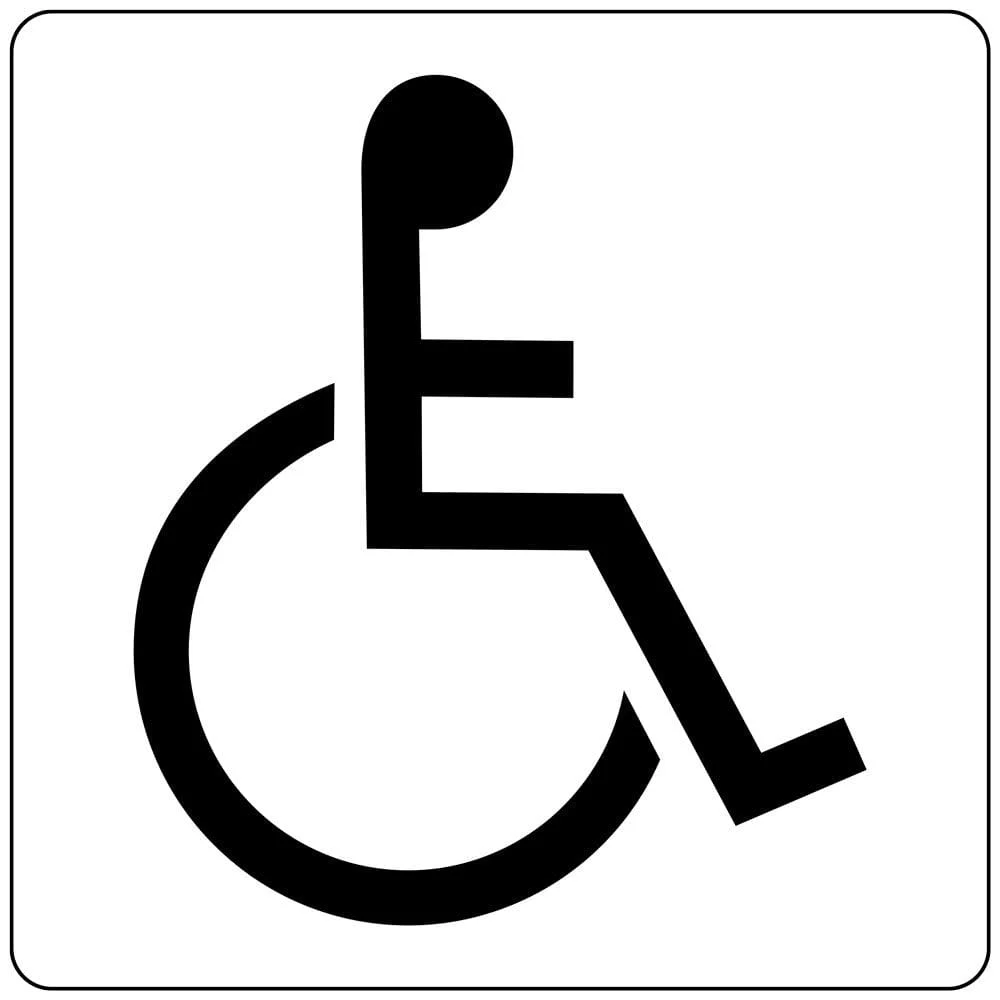
Numerous studies show that obesity can increase the likelihood of developing hearing loss, demonstrating how your hearing is connected to your overall health, and highlighting the benefits of maintaining a healthy lifestyle.
While some of the causes of hearing loss are obvious, such as long-term exposure to loud sounds, other factors are not as apparent. These can include genetics, heart health, and even your weight. Numerous studies show that obesity can increase the likelihood of developing hearing loss, demonstrating how your hearing is connected to your overall health, and highlighting the benefits of maintaining a healthy lifestyle.
When poor health leads to poor hearing
How can your weight influence how you hear? Well, the tiny hair cells (stereocilia) that detect sound in your inner ear rely on steady blood flow and oxygen supply to function properly. Obesity requires the heart to work harder to pump blood throughout your body, making it more difficult for the arteries and capillaries to transport blood and oxygen to fragile hair cells. Without sufficient blood and oxygen, they can suffer damage and no longer work properly. Once impaired, hair cells can’t be restored or regenerated, leading to permanent hearing loss.
Still, obesity doesn’t necessarily cause hearing loss directly. Being overweight can contribute to other diseases that may damage your hearing. Diabetes is one example. Overall, 90 percent of patients with Type 2 diabetes are overweight or obese, and individuals with Type 2 diabetes are twice as likely to develop hearing loss. Another example is heart disease, which further limits circulation and thus your heart’s ability to supply enough blood and oxygen to your inner ears.
Obesity is also a factor in the staggering number of young people with hearing loss. As today’s youth often get less exercise and eat bigger portions than in years past, more adolescents are becoming obese. One study found that more than 15 percent of obese adolescents also had hearing loss, compared to less than 8 percent of their non-obese peers.
Healthy body, healthy hearing
Eating well and maintaining an active lifestyle are the keys to good health. And given the link between obesity and hearing loss, you have even more reason to strive to be healthy. In fact, one study on the link between obesity and hearing loss found that women who were physically active had a 17 percent lower risk of developing hearing loss than participants who were the least physically active.
If you’re looking to get into shape, talk to your doctor first so they can recommend the proper diet and exercise routine for your unique circumstances. Doing so is the first step to improving your overall health while protecting against hearing loss.
Click here to access the original article by Signia

